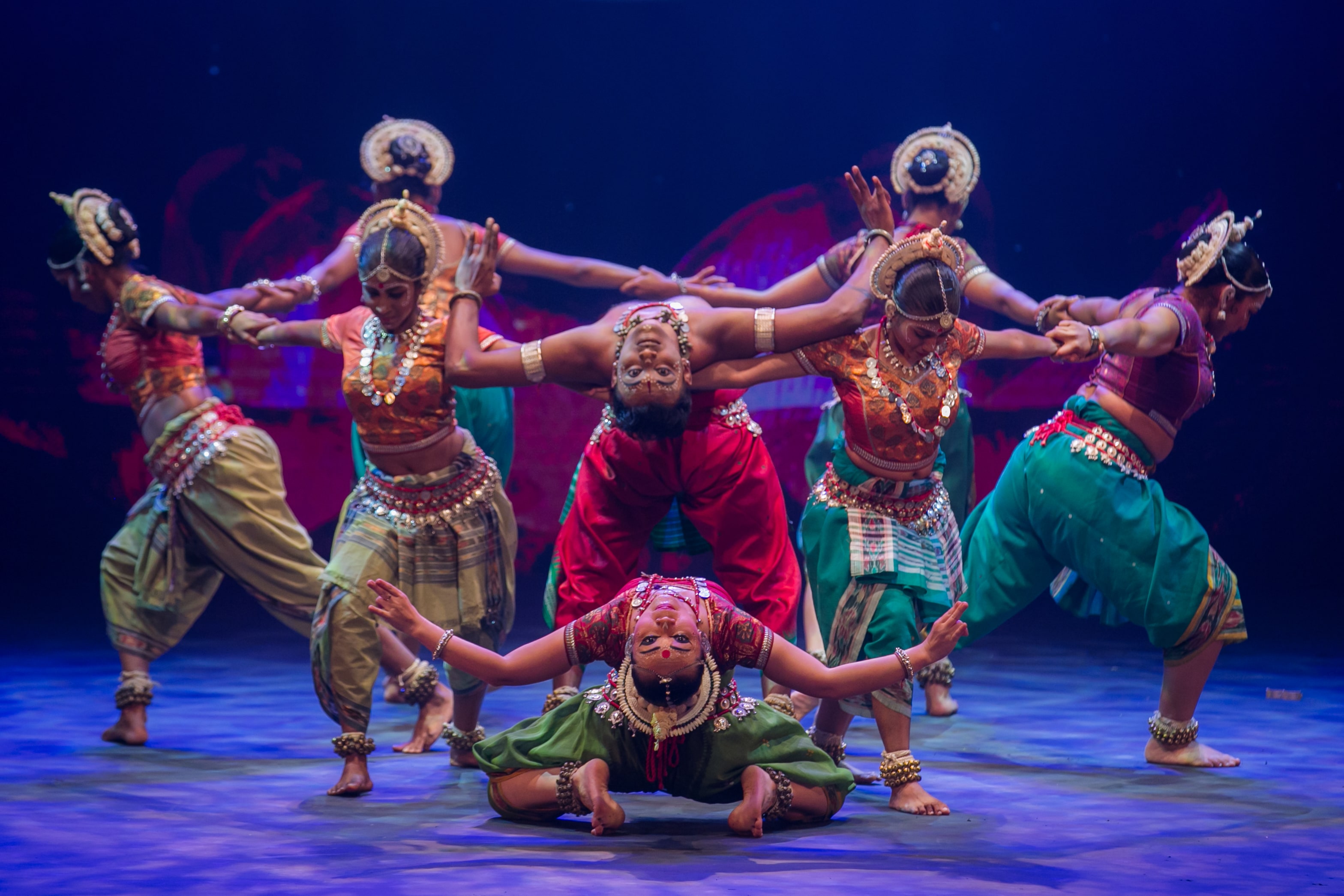Brahma inspired the sage bharata muni to write the natya shastra, a treatise on performing arts. In india, the origin of music, indeed sound itself is traced back to the origin of the universe.

Sutra's 'Odissi On High' Stages Its Second Season In Malaysia & India
According to hindu mythology, the first ever sound is the naadbrahma (brhma as sound), which pervades the entire universe.
Evolution of dance in india. Sculptures from all over india and from many different historical periods, many before a.d. The dancers use their entire body to communicate with the audience. Crossing new aesthetics and cultures’.
According to the sangeet natak academy, the eight classical dances in india include bharatnatyam, kathak, kuchipudi, kathakali, odissi, mohiniyattam, manipuri and satriya. One can finds its origin in the vedas (ancient scripts). Dance in india incorporates numerous styles of moves, typically delegated conventional or people.
Essentially one can divide the history of dance or classical dance in india into two periods, the first one from the 2nd century bc to the 9th century bc and the second from the 10th century bc to the 18th century bc. Another myth associates the origin of sound (and dance. India may be globally famous for bollywood dances today, but there was a time it was called prachisudha, the nectar of the east, particularly for its varied and evolved dance forms and gharanas of music.
These expressive art forms are the inner strength of that experience which marks the realization of spiritual knowledge. Similarly as with extra highlights of indian culture. It is the purest sound in the universe and is believed to be unstruck.
Sangeet natya academy, the national academy for performing arts in india,. Bharata natyam, kathakali, kathak and manipuri, kuchipudi, odissi and mohini attam. Beginning in india’s earliest civilizations, indianness has been strongly expressed through music, dance, theatre, architecture, sculpture, painting, and the temple arts.
Evolution of indian classical dance: The various indian forms act like a window to india's rich culture. ‘sangeet’ is a combination of.
Origin of dance in india. This and many more interesting twists and turns in the evolution and development of traditional and contemporary indian dance forms have been narrated in great detail in a new book titled ‘dance theatre of india: Known as ‘sangeet’ in india, the nation’s music has got a unique and varied style as compared to other music forms in the world.
It looked at the history, the temple inscriptions, mythology and folklore. Also, indian traditional dances are undergoing tremendous creative evolutions. History of indian dance form can be traced to pre vedic period i.e.
Many classical forms of dancers are based on ancient sculptures. Dance is believed to have evolved from religious rituals and shamanist practices. In addition, there are innumerable folk and.
The traditional dances of india is a blend of nritta, nritya and natya. Dance is a form of art, where the body is used as a medium. The various indian forms act like a window to india's rich culture.
Natya (the dramatic element of the dance i.e. Dance in india comprises numerous styles of dances, generally classified as classical or folk. The evolution of dance in india.
Ncpa has also made possible unique collaborations between dancers and artistes of other genres where artistic quality of the production is given prime importance while choosing a performance. All the types involve the use of mudras , which are well developed types of gestures during the dance. Indian people had knowledge of music and dance even during.
1000, illustrates the importance of dance in indian cultural history and the richness of its traditions. It is revealed from a dancing figurine found in the course of excavations at mohan jodaro and harappa, that dance had important place in the social life of the people of those times and they were quite well versed in this art. The imitation of characters) nritya (expressional component i.e.
Compiled by asha krishnakumar and chithra madhavan, the narration spoke volumes of their love and awe for the subject. During the first period, sanskrit was the main language for arts and hence had an influence on dance. As with other aspects of indian culture, different forms of dances originated in different parts of india, developed according to the local traditions and also imbibed elements from other parts of the country.
The major indian classical dances are: Comparing the classical dance forms of malaysia and india and their evolution, ibrahim says, “both malaysia and india a re increasingly redefining their contemporary modern dance identities inspired by their asian perspectives rather than western sources. The 32 angaharas and 108 karanas form an important aspect of most classical dance forms.
Imports from hollywood, particularly action pictures, were warmly accepted by. Several new production firms emerged in the early 1920s, and the majority of films released during this time period were mythical or historical in character. India has got one of the oldest musical traditions and heritages in the world.
Dance is for everybody.i believe that this art which involves movement of the body, often rhythmic to the music has come from the people and should always be delivered back to the people.dance will help one to explode.if you are stressed,just kick off your shoes, take a break, crank the tunes and then dance and shake.this is. In hindu mythology, dance is believed to have been conceived by brahma.
This Land Dances of India returns..
From Mahari to Odissi An Evolution Itisaras

The Evolution of Bollywood Dance Bella Diva World Dance

Pin by Bhavani on bharatham Indian classical dance, Indian classical

India Waale Satakli medley a tribute to my Motherland INDIGO DANCE
